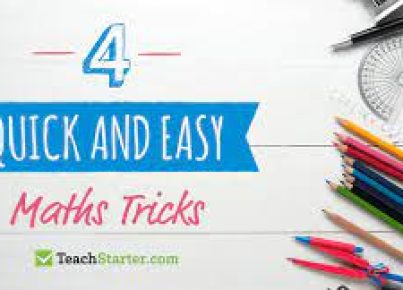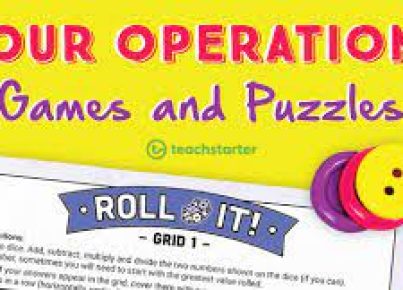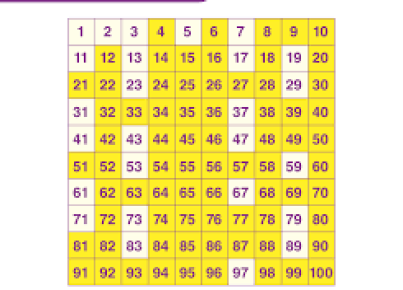Math can be fun, and what better way to prove it than through entertaining addition activities for kids! These interactive games not only engage your child but also enhance their arithmetic skills. Here are ten easy and simple addition activities that can help young learners get comfortable with the concept of adding numbers.
1. Counting Using Objects:
Gather small objects like buttons, beads, or Lego blocks. Ask your child to count and add them together. This hands-on activity is perfect for visual and tactile learners.
2. Addition with Dice:
Roll two dice and have your child add up the numbers that appear on the top face. This game is straightforward and can be played anywhere.
3. Flashcard Fun:
Create flashcards with addition problems. Show them to your child one by one and let them shout out the answers. Flashcards help in quick recall and are a classic learning tool.
4. Number Line Jumps:
Draw a number line on a large piece of paper or use tape to make one on the floor. Let your child “jump” along the line to visualize the addition process as they move forward by counts relative to the number they’re adding.
5. Snack Time Math:
Use snacks like cereal pieces or fruit slices to practice addition before they’re eaten. Have your child add two groups of snacks before enjoying their tasty treat.
6. Math Board Games:
Incorporate addition into board games by having children add numbers from two dice to move their pieces forward, or create a simple board game centered around math problems.
7. Add While You Walk:
Ask addition questions while taking a walk or during playtime. Have your child jump, clap, or perform some physical activity corresponding to the answer of an addition problem.
8. Puzzle Pieces:
Make puzzles where matching pieces have addition problems and answers. As they connect correct pairs, they reinforce their ability to add quickly.
9. Story Problems:
Create short stories that involve adding numbers, such as buying fruits at a store or scoring points in a game. The narrative aspect makes math relatable and interesting for children.
10. Math Bingo:
Prepare bingo cards with sums on them, and then call out addition problems instead of numbers. When your child works out the answers correctly, they cover that sum on their bingo card.
Incorporating these simple activities into everyday learning can inspire enjoyment and confidence in math for any young learner!





